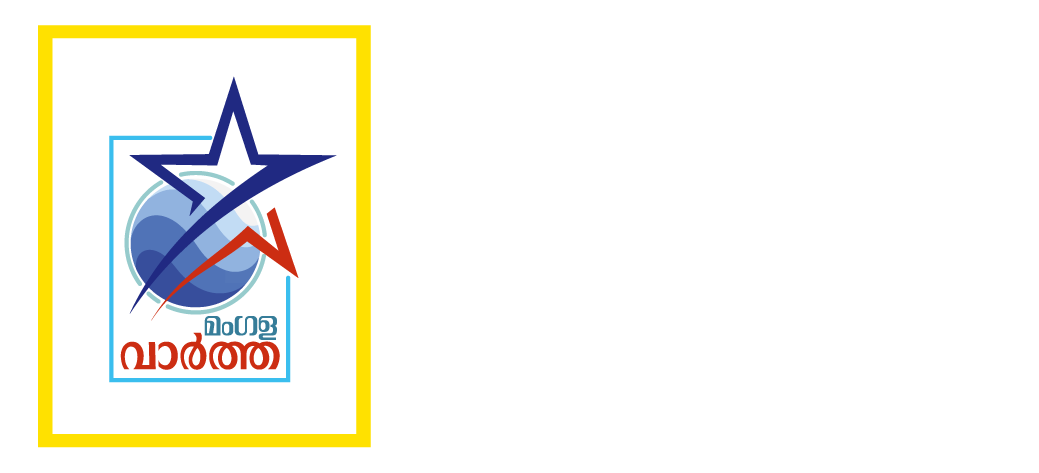Mar Joseph Kariattil was a prominent leader in the history of the St. Thomas Christians. Mar Kariattil played a significant role in preserving the identity and traditions of the St. Thomas Christians. His tireless efforts, including a historic journey to Rome, aimed to secure the rights of his people and restore unity among the divided St. Thomas Christian community in India.
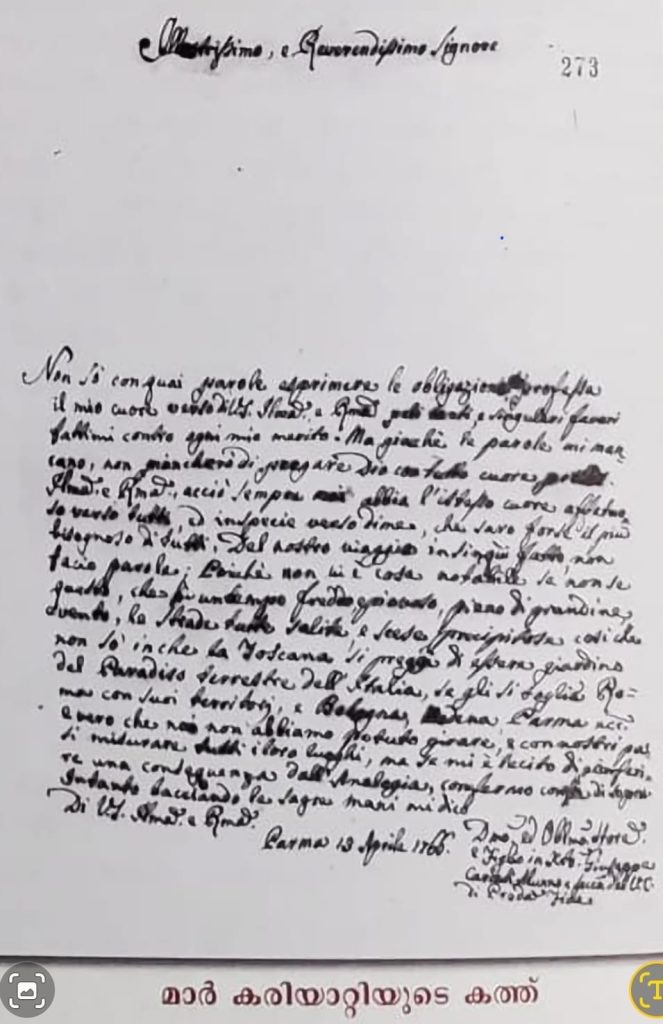
Early Life and Education
Joseph Kariattil was born to Pailey and Mariam in Alangad – Ernakulam on the 5th of May 1742, a region with a long-standing Christian tradition dating back to St. Thomas the Apostle. Kariattil displayed a strong interest in religious studies and theology from a young age. Understanding his capabilities Portuguese missionaries sent him to Pontifical Urban University in Rome for studies at the age of 13 in 1755. He was oriented as a priest in Rome and earned doctorate in Philosophy and theology. He returned to India in 1766 and was appointed Malpan (Religious Teacher) in Alangad Seminary.
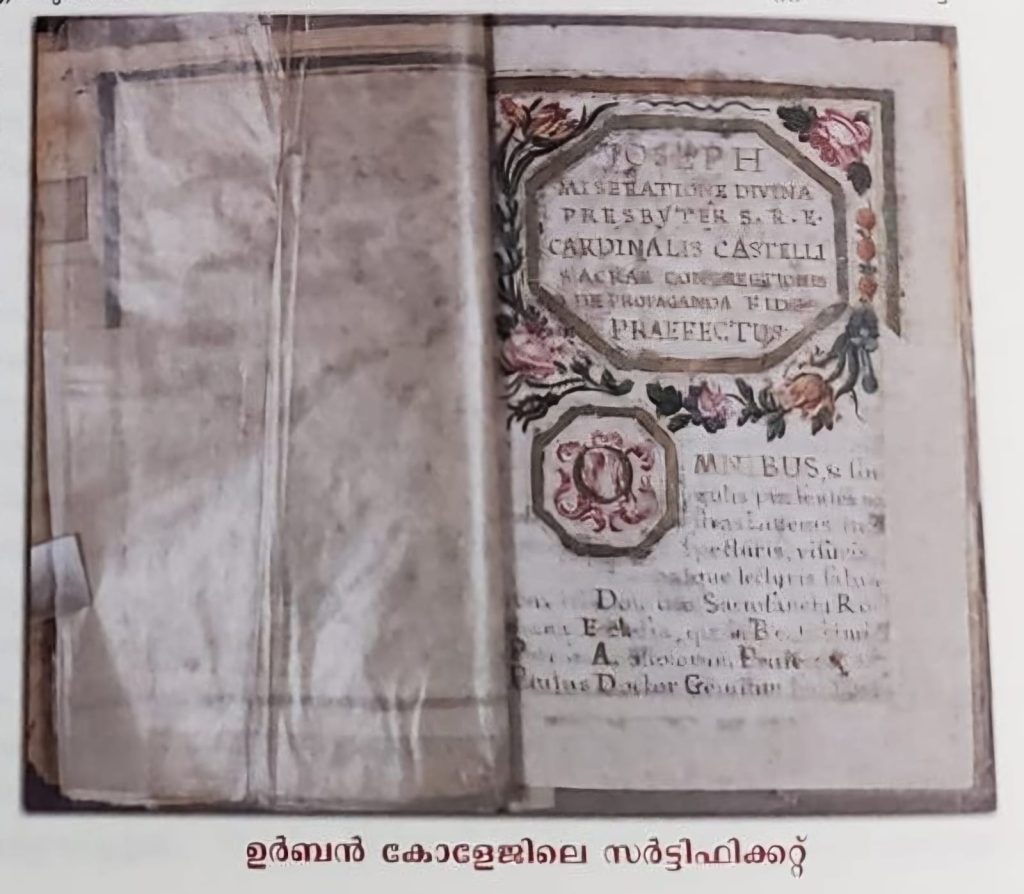
Background: The Coonan Cross Oath and Reunification Efforts with Mar Thoma VI
The Christian community in Kerala had undergone significant changes following the Coonan Cross Oath (Koonan Kurishu Satyam) of 1653. This event marked the resistance of the St. Thomas Christians to Portuguese missionary efforts to impose Latin practices on their church. The oath led to a split, with one faction, led by Mar Thoma I, rejecting Latinization and maintaining their Eastern traditions. This group eventually became the Malankara Church (Puthenkoor). Meanwhile, the other faction of the St. Thomas Christians remained loyal to Rome (Pazhayakoor), Known today as Syro Malabar Church.
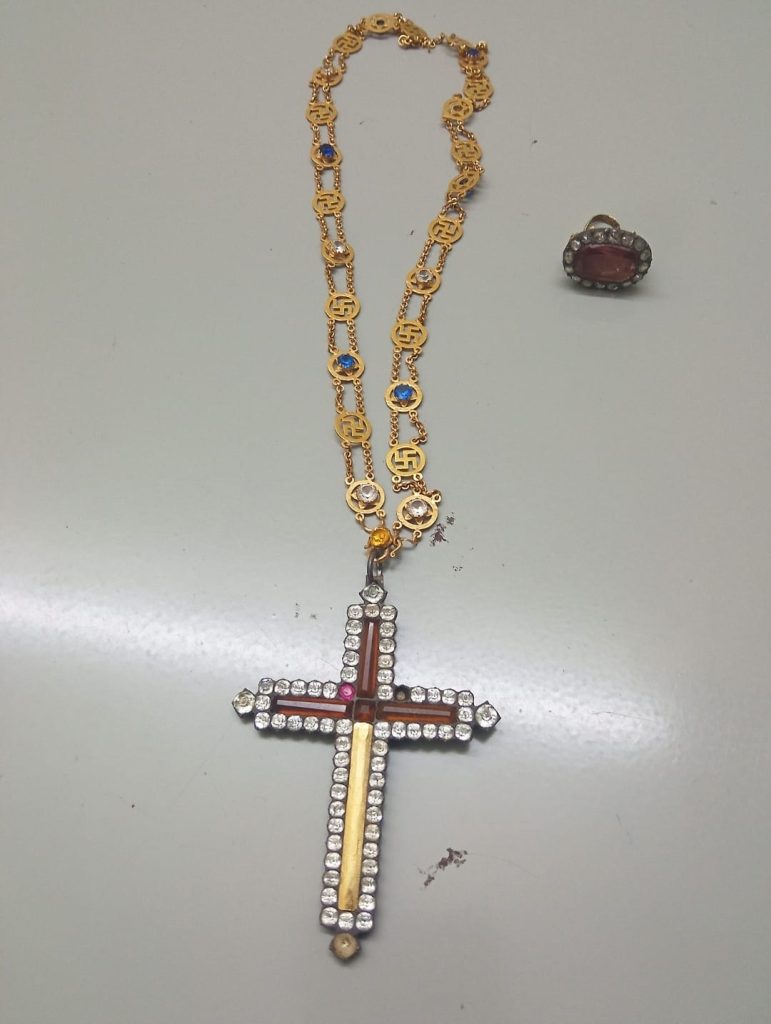
At the time of Kariattil Malpan, the Syrian Catholics were still struggling under foreign control, and the church leadership remained largely in the hands of Portuguese missionaries. Kariattil Malpan took the initiative to begin reunification discussions with Mar Thoma VI. His discussions with Mar Thoma VI aimed at finding common ground between the Orthodox Church and the Syrian Catholic Church. Kariattil Malpan proposed that the Malankara Orthodox Church could retain its Eastern rites and traditions while accepting papal authority.
Journey to Rome
Amid these reunification efforts, along with Paremmakkal Thoma Kathanar, Kariattil set off on a mission to Rome in 1778. The goal of this journey was the reunification of St. Thomas Christians and to secure greater autonomy for the Syrian Catholics to protect their cultural and religious traditions. Kariattil Malpan’s mission to Rome was a diplomatic effort to protect the traditions of the St. Thomas Christians and ensure that it would have a native leader who understood the needs of the local Christian community. His journey took him through Europe, where he gathered support for the noble cause of the St. Thomas Christians.
Kariyattil Malpan’s discussions with church authorities in Rome was challenging due to the influence of the Portuguese Missionaries, and on December 16th 1782, Queen Maria I of Portugal, impressed by his dedication and faith declared Kariattil Malpan as the Archbishop of Kodungallur, making him the first native Indian to hold this position by the Padroado (the privilege granted by the popes to the Crown of Portugal). After the confirmation of the appointment by Pope Pius VI, he was consecrated as the Archbishop on February 17th 1783, at the Sao Bento Monastery Church in Lisbon. Mar Jospeh Kariyattil received the pallium as symbol of Archbishop from the pope. He was also granted the authority for the reunification of the St. Thomas Christians.

Return and Death
Tragically, Mar Joseph Kariattil passed away before he could fully implement his plans as Archbishop. While returning from Rome to assume his role in Kerala, he fell ill and died in Goa in September 10th1786. His untimely death was a great loss for the St. Thomas Christians, as he was unable to carry out many of the reforms he had envisioned, and reunification of the St. Thomas Christians never happened.
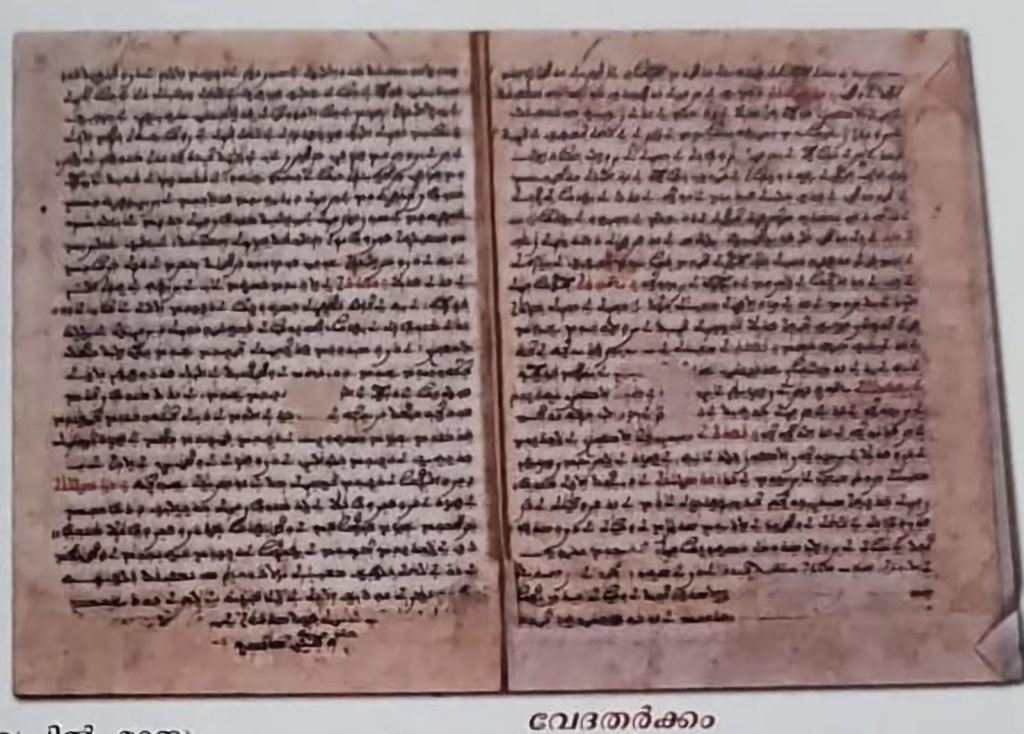
Writings
Mar Kariattil authored two notable works
1.‘’Vedatharkkam’’ (Dialectics on Theology) in Karshoni (Syrian Malayalam)
2.’’Noticias do Reino do Malabar’’ (Information about the Kingdom of Malabar) in Portuguese.
Mar Kariattil’s companion, Paremmakkal Thoma Kathanar, later wrote their journey to Rome and the challenges they faced in the “Varthamanappusthakam”, one of the earliest travelogues in Indian literature. The book provides a detailed account of their mission and remains a valuable historical record of the struggles and achievements of the St. Thomas Christians during that time.
Importance of Mar Joseph Kariattil in Present Day

Mar Joseph Kariattil’s efforts and vision hold immense relevance in the present day Syro-Malabar Church liturgical issue. Mar Kariattil’s advocacy for preserving the unique traditions of the Syrian Church while staying connected to the universal Catholic Church is a guiding example for resolving such disputes.

His efforts to balance the Eastern identity with Roman allegiance demonstrate that unity and tradition can coexist harmoniously. In today’s context, Mar Kariattil’s legacy reminds us that respectful dialogue, cultural preservation, and unity are essential in overcoming divisions within the church, much like the reunification attempts he pursued with the Malankara faction in his time.

: Leon Jose Vithayathil
Global Coordinator, Catholic Congress Youth Council
leon.vithayathil@gmail.com
+44 7769421392
+91 6238311828
